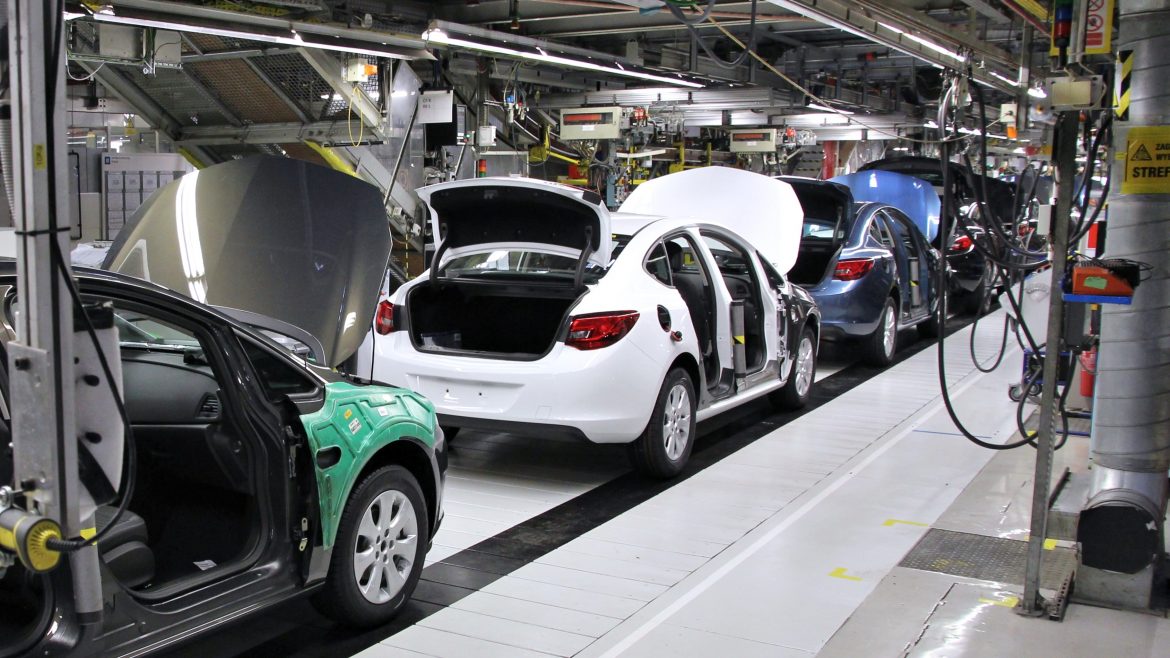The Biden administration is poised to revise its ambitious plan aimed at reducing tailpipe emissions and boosting electric vehicle (EV) sales, according to sources familiar with the matter. The move comes after pressure from automakers and the United Auto Workers (UAW), who argue that the proposed targets are overly aggressive and require more time for implementation.
Automaker concerns
Automakers and the UAW have raised concerns about the proposed rapid increase in EV sales targets, citing the high cost of EV technology and the need for further development of charging infrastructure. They argue that a more gradual approach is necessary to ensure widespread adoption of electric vehicles among mainstream consumers.
Proposed emissions reduction
In April 2023, the Environmental Protection Agency (EPA) proposed a 56% reduction in new vehicle emissions by 2032. Initially, automakers were expected to achieve 60% EV production by 2030 and 67% by 2032 to meet the stricter emissions standards.
Revised regulation
The revised final regulation, expected to be announced soon, will slow down the pace of yearly emissions requirements through 2030. This adjustment is anticipated to result in electric vehicles comprising less than 60% of total vehicle production by 2030.
Industry response
The Alliance for Automotive Innovation (AAI), representing major automakers including General Motors, Ford, Stellantis, Toyota, and Volkswagen, had criticized the initial EPA proposal as unreasonable and unachievable. They called for more modest requirements of 40 to 50% electric, plug-in electric, and fuel vehicles by 2030.
Critical years for EV market
AAI CEO John Bozzella emphasised the importance of the next few years for the EV market, urging a balance between demand and supply chain capabilities. He stressed the need for infrastructure development and regulatory flexibility to support the industrial shift towards electric vehicles.
Government response
The EPA’s proposal remains under interagency review, with a focus on achieving reductions in air and climate pollution while ensuring economic benefits. White House climate adviser Ali Zaidi reiterated the administration’s commitment to leading the global auto sector through smart investments and standards.
Industry engagement
Automakers have engaged with the White House and EPA to discuss their concerns and proposed modifications. Volkswagen of America chief Pablo Di Si expressed optimism about the government’s receptiveness to industry feedback and the possibility of adjustments to the proposed regulations.
Pending issues
In addition to EV requirements, the EPA is expected to address concerns raised by automakers regarding particulate matter reduction and engine performance strategies. The Energy Department’s proposal to revise fuel economy ratings for EVs is also under scrutiny, with concerns about potential fines for non-compliance.
The Biden administration’s decision to adjust EV requirements reflects ongoing dialogue between policymakers, industry stakeholders, and environmental advocates. As the automotive industry navigates the transition towards electrification, balancing regulatory objectives with industry realities remains a complex challenge.



